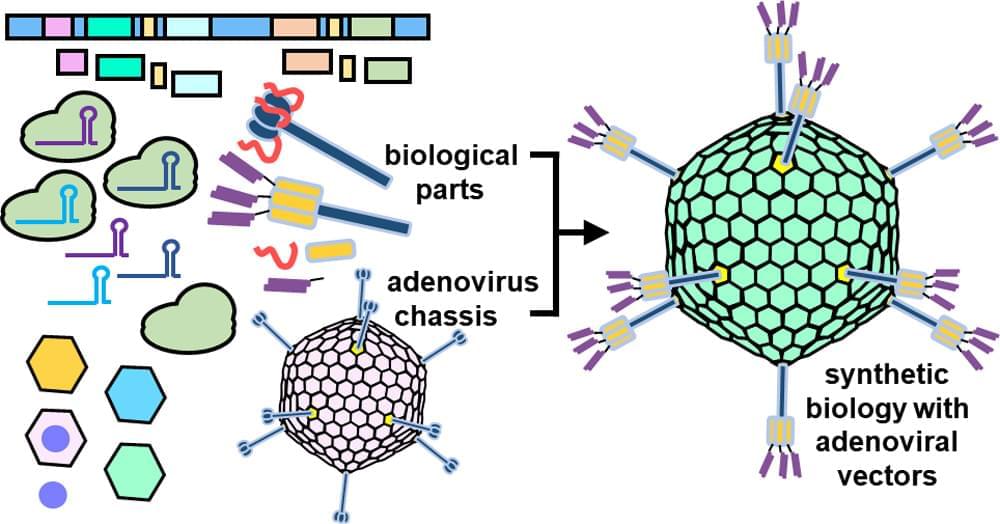I am pleased to announce that my lead-author review paper has been published in ACS Nano! If you are interested in learning about the convergence of synthetic biology and adenoviral gene therapy, I encourage you to check out my paper.
If you cannot access the full text, I have also posted a local copy at the following link: https://logancollinsblog.files.wordpress.com/2021/08/synthet…s-2021.pdf.
#ACS #ACSNano #SyntheticBiology #GeneTherapy #Biology #Biotech #Science #Biotechnology #Nanotechnology #Adenovirus #Engineering #Virology
Synthetic biology centers on the design and modular assembly of biological parts so as to construct artificial biological systems. Over the past decade, synthetic biology has blossomed into a highly productive field, yielding advances in diverse areas such as neuroscience, cell-based therapies, and chemical manufacturing. Similarly, the field of gene therapy has made enormous strides both in proof-of-concept studies and in the clinical setting. One viral vector of increasing interest for gene therapy is the adenovirus (Ad). A major part of the Ad’s increasing momentum comes from synthetic biology approaches to Ad engineering. Convergence of gene therapy and synthetic biology has enhanced Ad vectors by mitigating Ad toxicity in vivo, providing precise Ad tropisms, and incorporating genetic circuits to make smart therapies which adapt to environmental stimuli. Synthetic biology engineering of Ad vectors may lead to superior gene delivery and editing platforms which could find applications in a wide range of therapeutic contexts.
